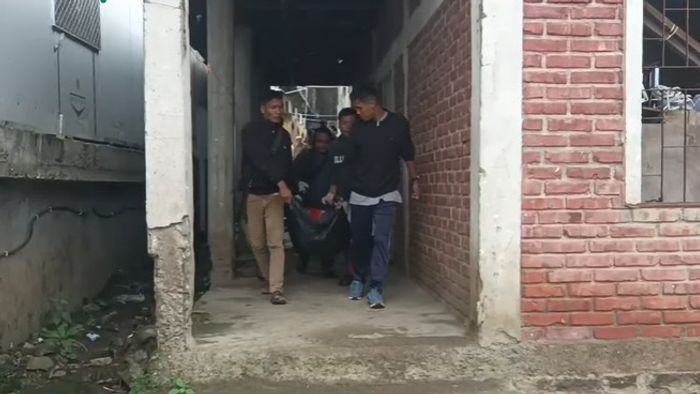Kuki bodies condemn killing of four UKNA cadres in Churachandpur
Kuki groups condemn the killing of four United Kuki National Army (UKNA) cadres in Churachandpur. They demand a full probe and urge authorities to maintain peace and security.

- Nov 04, 2025,
- Updated Nov 04, 2025, 5:54 PM IST
Four members of the United Kuki National Army (UKNA) were killed and another arrested during an armed operation by security forces in Khanpi village, Churachandpur district, early morning on November 4. The incident has drawn strong condemnation from the apex Kuki body, Kuki Inpi Manipur (KIM), and several Kuki civil society organisations, who described the operation as “deeply painful” and detrimental to peace efforts.
In a statement, KIM said the incident had caused “profound pain and outrage among the Kuki-Zo community.” The organisation reiterated its support for peaceful dialogue with the Government of India towards an “enduring and honourable resolution” but warned that “continued targeted actions against our community severely undermine trust and jeopardise peace efforts.”
KIM criticised what it called “selective enforcement” by authorities and said such operations “further wound the sentiments and security of our people.” It urged the government to act with “utmost sensitivity and impartiality” and to take immediate steps to de-escalate tensions and restore calm.
The body also stressed that the patience of the Kuki-Zo community “should not be mistaken for weakness or acceptance of injustice,” adding, “We cannot and will not accept actions that threaten our lives, dignity, and future.”
A joint statement from several Kuki organisations in Churachandpur—including the Kuki Inpi Churachandpur (KIC), Kuki Chiefs’ Association (KCA), Kuki Women’s Union (KWU), Kuki Women Organisation for Human Rights (KWOHR), Kuki Khanglai Lawmpi (KKL), and Kuki Students’ Organisation (KSO)—also condemned the operation. The groups described the killings as a “senseless act that led to the loss of precious lives” and urged both security agencies and insurgent groups to “refrain from further bloodshed.”
Calling for a “political solution through a Separate Administration,” the statement argued that only such an arrangement could bring “lasting peace and normalcy” to the region. The organisations announced a total shutdown in Churachandpur on the day of the funeral for the four UKNA members and appealed for district-wide mourning in their honour.
The Kuki Organisation for Human Rights Trust (KOHUR) also condemned the killings, describing them as “extrajudicial” and part of an “ongoing state-sponsored campaign of persecution” against the Kuki-Zo community. The Trust called for an independent international investigation and urged global intervention to address what it termed a deepening humanitarian crisis in Manipur.
According to defence sources, the operation in Khanpi village—around 80 km west of Churachandpur—was based on specific intelligence inputs. Security officials said the encounter began when UKNA militants opened unprovoked fire on an Army column, prompting retaliation that resulted in four deaths. The operation, conducted by the Army and Assam Rifles, was reportedly in response to recent incidents attributed to the group, including the killing of a village chief and intimidation of local residents.
The Army said the action reflected its “commitment to safeguarding civilians and ensuring lasting peace in Manipur.” Security forces continue to conduct searches in adjoining areas.